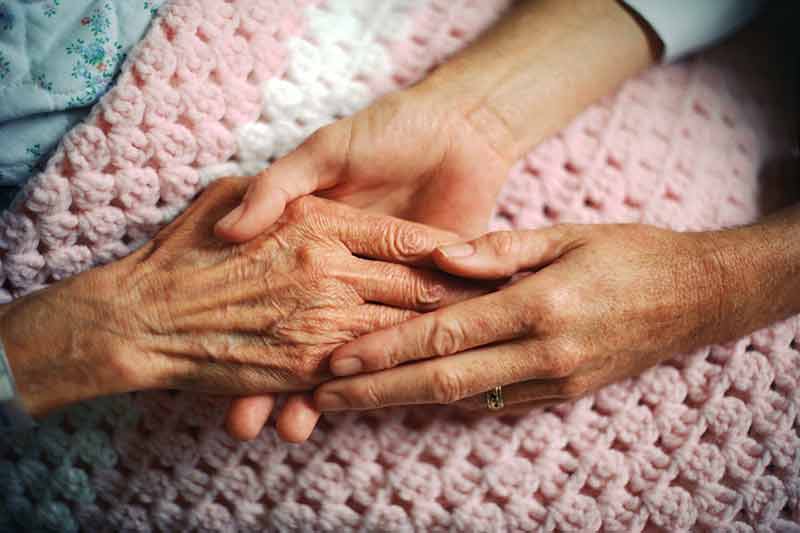The latest report shows about 1.87 million reported cases and at least 108,000 COVID-19-related deaths were reported in the U.S., according to data released by Johns Hopkins University and Medicine.
Here’s a question that is being asked a lot these days: What happens if someone dies “intestate,” or without having established a will or estate plans?
If you die without a will in California and many other states, your assets will go to your closest relatives under state “intestate succession” statutes.
Yahoo Finance’s recent article entitled “My loved one died without a will – now what?” explains that there are laws in each state that will dictate what happens, if you die without a will.
In Pennsylvania, the laws list the order of who receives upon your death, if you die without a will: your spouse, your children, and then your parents (if still alive), your siblings, and then on down the line to cousins, aunts and uncles, and the like. Typically, first on every state’s list is the spouse and the children.
You may also have some valuable assets that will not pass via your will and aren’t affected by your state’s intestate succession laws. Here are some of the common ones:
- Any property that you’ve transferred to a living trust
- Your life insurance proceeds
- Funds in an IRA, 401(k), or other retirement accounts
- Any securities held in a transfer-on-death account
- A payable-on-death bank account
- Your vehicles held by transfer-on-death registration; or
- Property you own with someone else in joint tenancy or as community property with the right of survivorship.
These types of assets will pass to the surviving co-owner or to the beneficiary you named, whether or not you have a will.
It’s quite unusual for the government to claim a deceased person’s estate. While it might be allowed in some states, it’s considered a last resort. Typically, we all have some relatives.
If you have a loved one who has died without a will, speak with an experienced estate planning attorney about your next steps.



